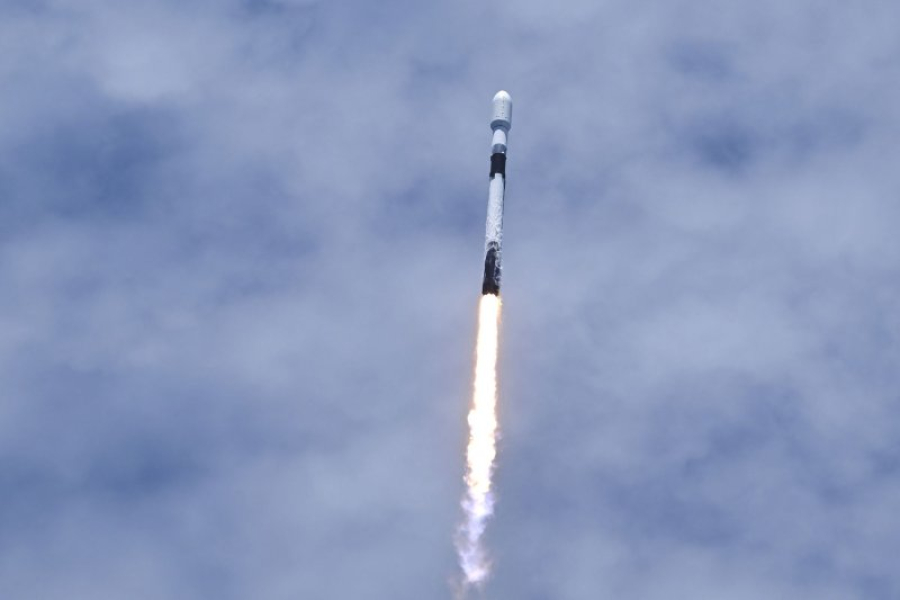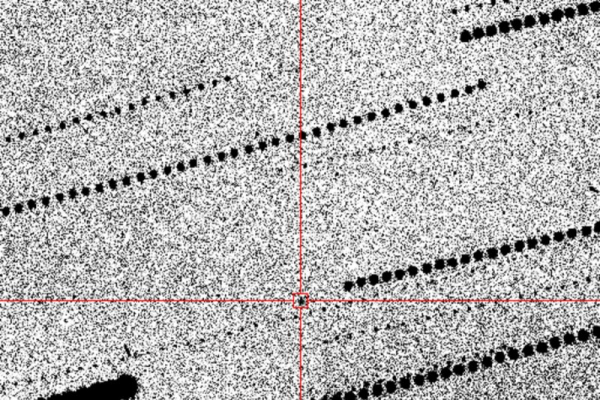
On Friday, SpaceX launched an advanced GPS satellite for the U.S. Space Force from the Space Force's Cape Canaveral Air Force Station in Florida.
A Falcon 9 rocket was used to launch GPS III SV-08 into orbit.
According to SpaceX, pre-launch preparations were completed in less than three days, setting a new record for U.S. national security missions.
Typically this process takes between 18 and 24 months.
Space Force Colonel Jim Horn noted the rapid pace of preparation.
He said the launch “is another example of the Space Force's ability to conduct high-priority launches on a tight schedule, demonstrating our readiness to respond to emerging constellation requirements as quickly as possible given the state of the spacecraft.”
At a pre-launch press briefing, meteorologist Mark Berger said there was a 45 percent chance of good weather for a launch on Friday.
“We will be monitoring for possible cloud formations and associated thunderstorms at and around the site,” Berger said.
GPS III satellite maker Lockheed Martin said the company had been notified to prepare the SV-08 satellite for launch on Feb. 21.
Despite the accelerated schedule, the launch of SV-08 was less challenging than the SV-07 satellite, the company said.
“I’ll say this with a little irony, but compared to SV-07, this was, in my opinion, a relatively less challenging path to launch, primarily because of the challenges we faced with SV-07, whether it was ground transportation or the RRT conditions,” said Malik Musavvir, Lockheed Martin’s vice president of navigation systems.
Preparing a satellite can take four to five months due to the need to fully integrate separately stored components.
Two more satellites are awaiting future launches using ULA Vulcan rockets, and there are no plans to transfer them to SpaceX.
Sourse: www.upi.com





